This innovative book contributes to filling that research gap and raising awareness of the phenomenon by showcasing cross-cultural research on constructive news, including in the Global South – a region that has traditionally received less scholarly attention than the Global North. Constructive news is resolutely multimodal, and so a number of chapters analyse it from that perspective. The chapters also tackle such topics as audience attitudes, service to the local community, pedagogy, financial news, and religious news. This book will appeal to journalism studies and translation scholars, applied linguists, lecturers, journalists, editors, and members of the public who consume, study, or teach news but are looking for alternatives.More information here. Or login as a member and read the full book.
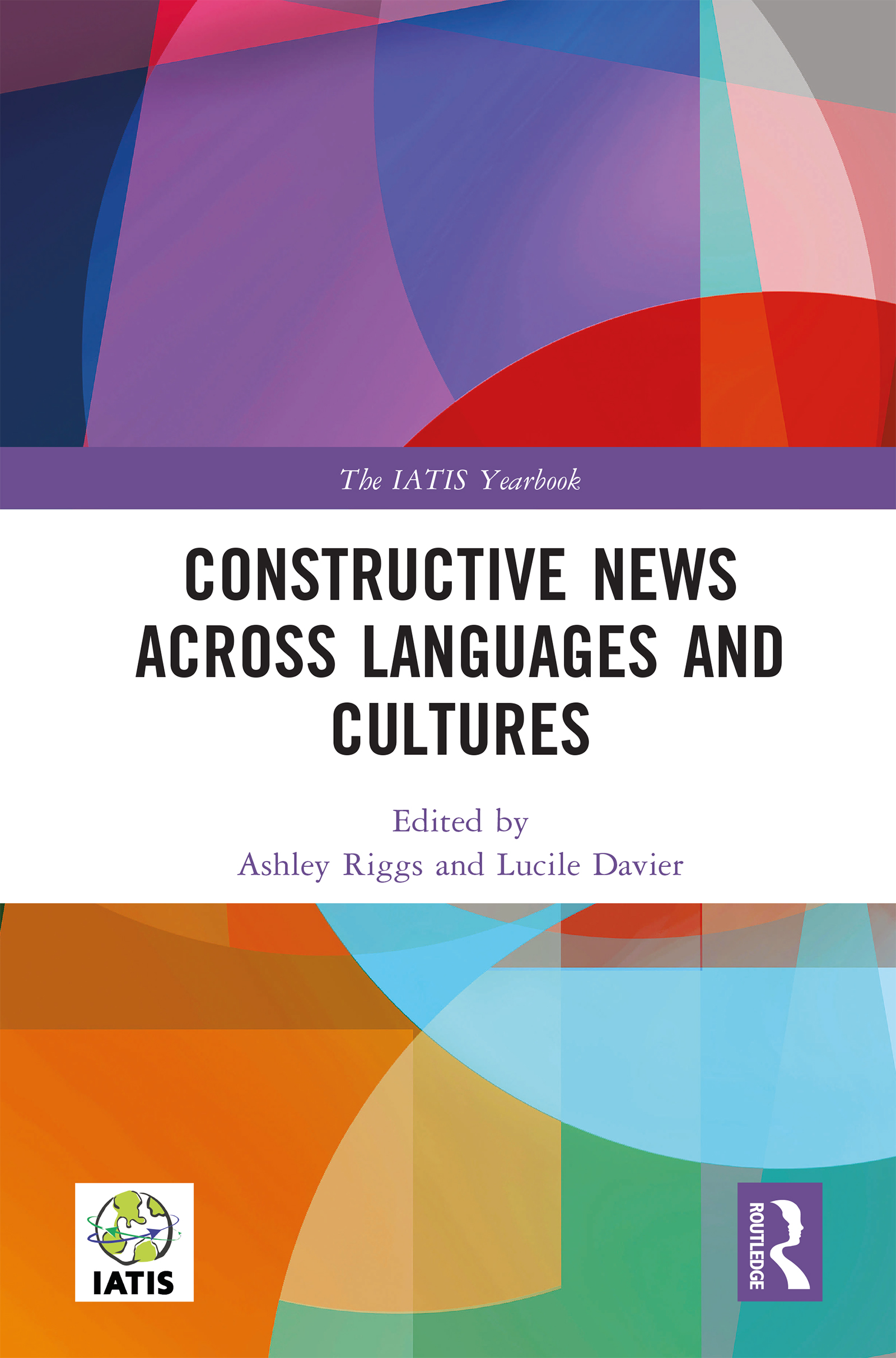
Multilingual Crisis Communication is the first book to explore the lived experiences of linguistic minorities in crisis-affected settings in the Global South, particularly during the Covid-19 pandemic. China has been selected as a case of inquiry for multilingual crisis communication because of its high level of linguistic diversity. Taking up critical sociopolitical approaches, this book conceptualizes multilingual crisis communication from three dimensions: identifying communication barriers, engaging communication repertoires, and empowering communication justice.More information here. Or login as a member and read the full book.

This collection draws together the work of leading authors to reflect on the constantly evolving language industry. The eight chapters present new perspectives on, and concepts of, translation in a digital world. They highlight the shifts taking place in the sociotechnical environment of translation and the need to address changing buyer needs and market demands with new services, profiles and training. In doing so, they share a common focus on the added value that human translators can and do bring to bear as adaptive, creative, digitally literate experts.Addressing an international readership, this volume is of interest to advanced students and researchers in translation and interpreting studies, and professionals in the global language industry.More information here.Or login as a member and read the full book.
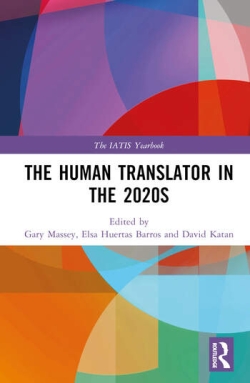
"A well-balanced volume providing a timely reflection on how far AD has come in the past decade, both in terms of its practice, its contexts, and as a field of research. Impressive in breadth, this will doubtlessly be a baseline for the field in years to come." Jan-Louis Kruger, Macquarie University, Australia "This volume mirrors new and exciting developments in the robustly developing area of audio description. It is a much needed and very useful guide to all the latest technologies, new applications and new audiences." Agnieszka Chmiel, Adam Mickiewicz University, Poland More information here. Or login as a memeber and read the full book.
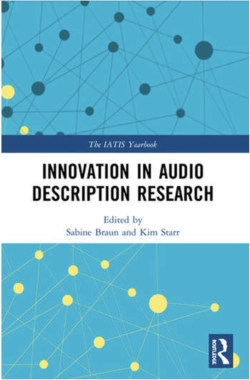
Exploring the interface with neighbouring research areas such as bilingualism, reading, and cognitive psychology, the book presents a variety of theoretical frameworks and constructs to support empirical research and theoretical development. The authors address new research areas, such as emotions and multisensory integration; apply new research constructs, such as eye-voice span; and expand the scope of cognitive translation studies to include agents other than the mediator.Documenting the growth in breadth and depth within cognitive translation and interpreting studies (CTIS) over the past decade, this is essential reading for all advanced students and researchers needing an up-to-date overview of cognitive translation and interpreting studies.More information here.Or login as a member and read the full book.
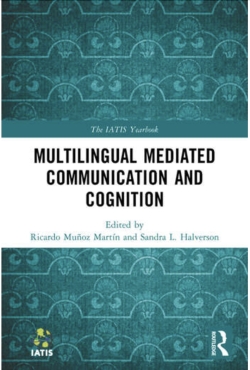
In this volume, the contributors address a variety of implications that this new approach holds for key concepts in Translation Studies such as source vs. target texts, translational units, authorship, translatorship, for research topics including translation data, machine translation, communities of practice, and for research methods such as constraints and the emergence of trajectories. The various chapters provide valuable information as to how research methods informed by complexity thinking can be applied in translation studies.Presenting theoretical and methodological contributions as well as case studies, this volume is of interest to advanced students, academics, and researchers in translation and interpreting studies, literary studies, and related areas.More information here.Or login as a member and read the whole book.
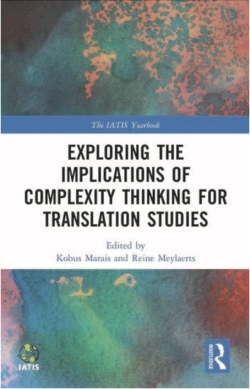
Interpreting and the Politics of Recognition investigates the historical, ethical and professional dimensions of this, arguably, most widespread form of intercultural communication. Covering key topics from colonialism to representation, ethics and power, itlooks at the different linguistic modalities (signed and spoken) used within communities to investigate equality of citizens.The contributors include leading authorities in their fields and use a wide spread of examples from a variety of disparate cultures – including deaf and ethnic minority groups. With eight chapters presented in three thematic sections and a foreword by Michael Cronin setting the book in its wider context, this volume will be of interest to practising interpreters, researchers and advanced students in the areas of Interpreting Studies, Translation Studies, and Linguistics and Communication Studies.More information here.
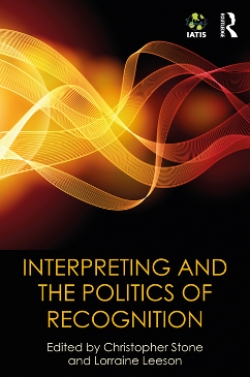
This Yearbook does not focus on the ‘what’ of technology but on the ‘how’ and ‘why’. It investigates how (and why) translators use the technologies at their disposal and discovers how they think the current tools could be improved and better ones developed in future. Kenny adopts a critical stance to both utopian and dystopian ideas on how technologies can better serve translators and end users of translations. In a wider context it makes a significant contribution to the ongoing cross-disciplinary debate about the relationship between human beings and the tools we use.“This book make a powerful argument – to developers, educators, and translators themselves – for bringing usability and the human factor back to the centre of technology-enhanced translation practices of all kinds” (Andrew Rothwell, Swansea University, UK).More information here.
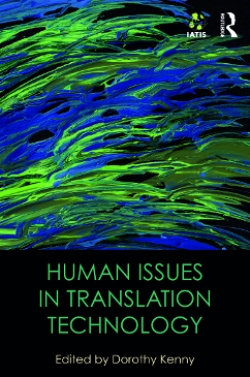
A magisterial introduction provides an overview of the field of Literary Translation Studies and suggests possible avenues for future research, while six case-study-based chapters by a new generation of Literature and Translation Studies scholars focus on the question of authority by asking: Who authors translations? Who authorizes translations? What authority do translations have in different cultural contexts? What authority does Literary Translation Studies have as a field?Woods promotes a "process of reading and translating—and reading translations—somewhat organic and moveable, constantly indefinable, a practice full of doubts—and possibilities."More information here.
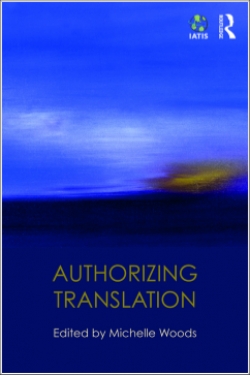
Self-Translation: Brokering originality in hybrid culture edited by Anthony Cordingley provides critical, historical and interdisciplinary analyses of self-translators and their works. It investigates the challenges which the bilingual oeuvre and the experience of the self-translator pose to conventional definitions of translation and the problematic dichotomies of "original” and "translation", "author" and "translator". Canonical self-translators, such Samuel Beckett, Vladimir Nabokov and Rabindranath Tagore, are here discussed in the context of previously overlooked self-translators, from Japan to South Africa, from the Basque Country to Scotland. This book seeks therefore to offer a portrait of the diverse artistic and political objectives and priorities of self-translators by investigating different cosmopolitan, post-colonial and indigenous practices. Numerous contributions to this volume extend the scope of self-translation to include the composition of a work out of a multilingual consciousness or society. They demonstrate how production within hybrid contexts requires the negotiation of different languages within the self, generating powerful experiences, from crisis to liberation, and texts that offer key insights into our increasingly globalized culture. More information here.Login as a member and read the full book.
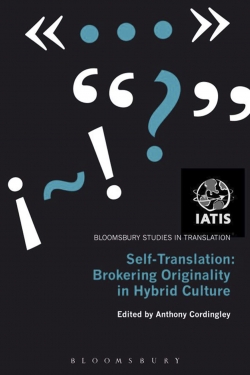
This volume presents fresh approaches to the role that translation – in its many forms – plays in enabling and mediating global cultural exchange. As modes of communication and textual production continue to evolve, the field of translation studies has an increasingly important role in exploring the ways in which words, images and performances are translated and reinterpreted in new socio-cultural contexts. The book includes an innovative mix of literary, cultural and intersemiotic perspectives and represents a wide range of languages and cultures. The contributions are all linked by a shared focus on the place of translation in the contemporary world, and the ways in which translation, and the discipline of translation studies, can shed light on questions of inter- and hypertextuality, multimodality and globalization in contemporary cultural production.More information here.

Cognitive Explorations of Translation focuses on the topic of investigating translation processes from a cognitive perspective. With little published on this topic to date, Sharon O'Brien brings together a global collection of contributors covering a range of topics.Central themes include modelling translation competence, construction and reformulation of text meaning, translators' behaviour during translation and what methodologies can best be utilized to investigate these topics. Techniques covered include eye-tracking, Think-Aloud protocols, keyboard logging and EEG (Electroencephalogram).This book will be of interest to researchers and postgraduates in translation studies and cognitive linguistics as well as practicing translators.More information here.
